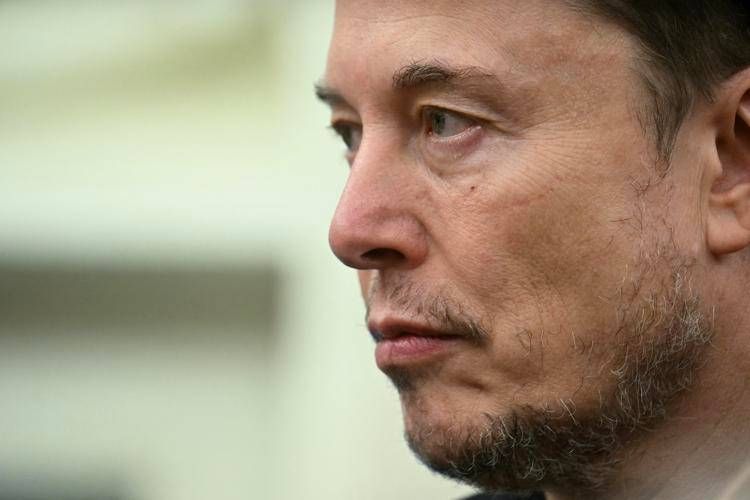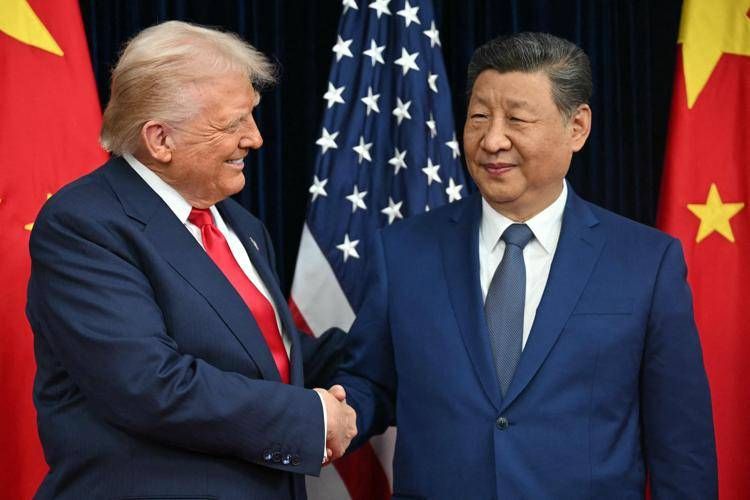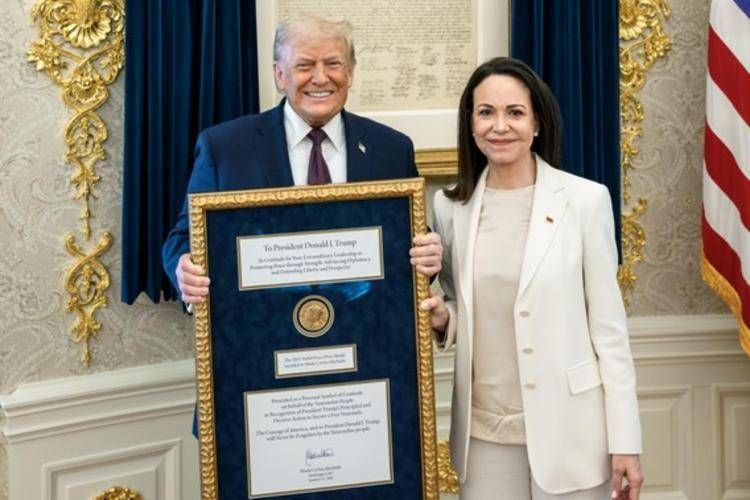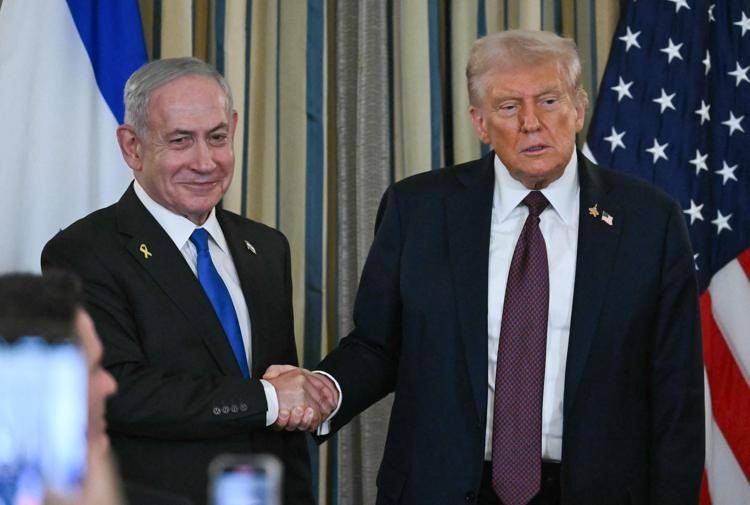
Rare earths, China turns off the tap: strategic risk to US security
-


Alberto Trentini e Mario Burlò sono in Italia dopo la liberazione VIDEO
-
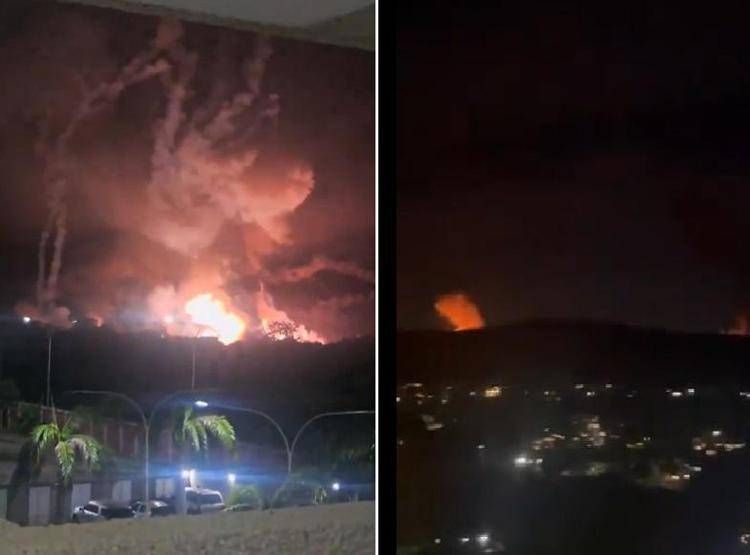

Overnight explosions in Caracas hit military area, widespread power outages reported VIDEO
-


Attacco Usa in Nigeria contro l’Isis, Trump: “Risposta al massacro di cristiani” VIDEO
-
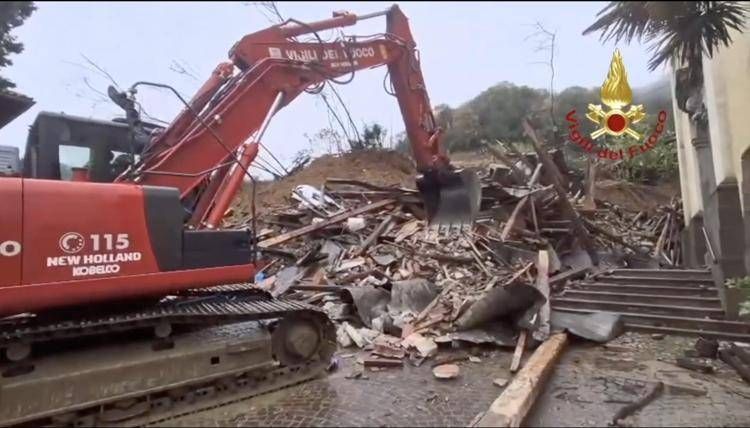

Frana a Cormons: disperso un giovane e un’anziana sotto le macerie VIDEO
Special licences to export crucial metals and military magnets. Washington is vulnerable as Beijing strengthens its industrial leverage in the midst of the tariff war
Beijing’s move to impose new export restrictions on heavy rare earths and industrial magnets to the US has sent a clear warning signal to Washington. The measure, announced in the midst of the trade war between the two powers, makes six strategic metals – refined only in China – subject to a special licensing regime. A squeeze that directly affects the heart of the US military supply chain.
‘This decision has huge implications for our national security,’ explained Gracelin Baskaran, director of the Critical Minerals Security Programme at the Center for Strategic and International Studies. In an in-depth report in the New York Times, the alarm is clear: American dependence on Chinese supplies for key components of the weapons industry is a growing weakness.
The so-called rare earths – a group of 17 elements including neodymium, dysprosium, scandium and yttrium – are crucial for the construction of high-tech military systems: jet engines, drones, radar, guided missiles. The F-35 fighter jet alone, according to the Department of Defence, contains over 400 kg of these materials; in submarines the amount can exceed 4,000 kg. ‘China dominates the entire global production chain,’ noted Aaron Jerome, a trader at UK-based Lipmann Walton & Co., ‘and is in a position to directly influence the cost and availability of materials for US military production.
The issue is not theoretical. In 2022, production of the F-35 was temporarily halted when a Chinese alloy was discovered in one of the components, in violation of procurement regulations. The line resumed a month later, but the incident revealed how exposed the supply chain was to external influences. ‘Even if the final magnet is produced elsewhere,’ Jerome added, ’there is almost always a passage in China along the supply chain.
The US used to dominate this market. In the 1980s, California’s Mountain Pass mine was the main source of rare earths, but the site’s closure in 2002 left the field open to China, which now controls about 90 per cent of global magnet production. The reactivation of the site by MP Materials was not enough to close the gap. ‘American leadership in aerospace and defence,’ warned Eric Fanning, president of the Aerospace Industries Association, ’requires an independent and resilient mining industry.
The Department of Defence tried to run for cover by expanding its strategic reserves after the shock of 2010, when China halted exports to Japan during a diplomatic crisis. But analysts remain sceptical about long-term resilience. ‘We should be very concerned,’ said Dan Blumenthal of the American Enterprise Institute. ‘China just fired a warning shot,’ commented an Air Force official, hinting that even more drastic new measures could be on the way: tariffs, quotas, even a complete freeze.
An encouraging precedent comes from history. During the Second World War, the US was able to make up for the lack of foreign bauxite by creating domestic stocks. ‘It was a decisive move,’ recalled Seth G. Jones, author of The American Edge, ‘but today the challenge with China is played out on much more complex ground.
The stakes are not only economic. It is geopolitical. And Beijing seems to hold decisive cards.
THE LATEST NEWS
-

 Il gusto19 ore ago
Il gusto19 ore agoWorld Pizza Day, le pizze bandiera dei maestri pizzaioli in tutta Italia
-
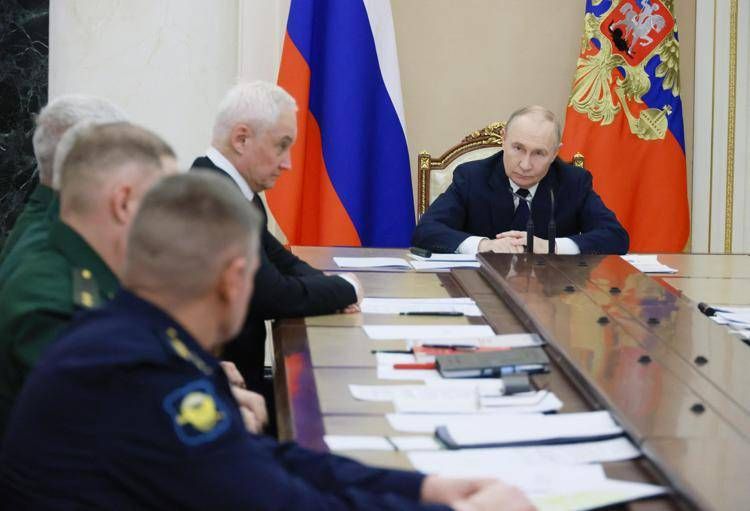
 In Evidenza19 ore ago
In Evidenza19 ore agoPropaganda russa sulla guerra in Ucraina: i numeri smentiscono la narrativa del Cremlino
-

 Sport19 ore ago
Sport19 ore agoMorto il presidente della Fiorentina Commisso
-

 Meteo20 ore ago
Meteo20 ore agoMaltempo in italia: neve al Nord e Scirocco al Sud, situazione critica fino a metà settimana



